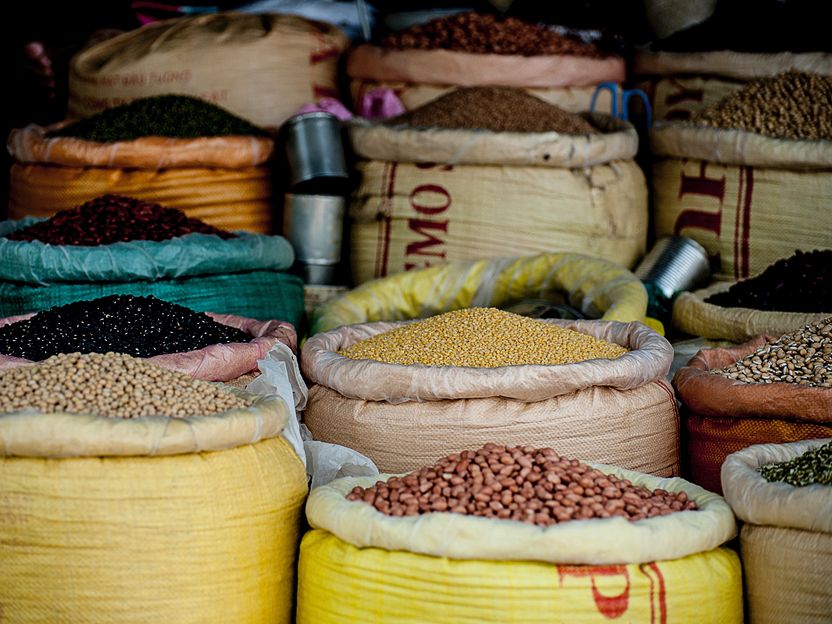Protein fact-check
85% of Indians don't know their key sources of proteins
Advertisement
Protein is an essential macronutrient, but latest research from the world's leading market intelligence agency Mintel reveals that a staggering 85%* of Indians aren’t able to correctly identify the key sources of proteins.

Photo by v2osk on Unsplash
Moreover, a significant number of Indian consumers aren’t fully aware of the actual benefits of the macronutrient. While over one-third (36%) associate protein with being beneficial for bone health, just a quarter (24%) are aware that proteins help in building muscles and a fifth (19%) with weight loss.
Even among consumers who are aware of protein sources, Mintel research reveals that a third (32%) strongly agree that it is hard to know if they are getting enough protein from their daily diet.
Natasha Kumar, Food & Drink Analyst, India, at Mintel, said:
“Our research indicates that the majority of Indian consumers are unable to correctly identify the sources of proteins, while a significant number aren’t aware of the actual benefits of the macronutrient. As such, there is a clear need for companies and brands to help consumers differentiate between the various protein sources and their associated health benefits. Companies and brands should not only emphasise the quality of protein consumption but the quantity as well as how it relates to the recommended dietary daily allowance of protein.”
Move away from fad diets
Meanwhile, Mintel research also reveals there is an opportunity for companies and manufacturers to move away from fad diets, and instead, target the general consumer with food and drink products with added proteins. While a fifth (21%) of Indian consumers say that they have tried a high-protein diet in the past, over two-thirds (68%) either agree or strongly agree that high-protein diets are just a fad.
“Packaged food and drink products with added protein should be targeted at the general consumer and not just those who follow a high-protein diet. Companies and brands need to take advantage of the behavioural changes of increasingly health-conscious Indians who incorporate high or added protein packaged food and drink into their everyday diets. Given that most consumers question whether they are getting the recommended allowance of protein in their diets, one way to appeal to the masses would be to include these claims in products that Indians already consume in their daily lives," Natasha continued.
Introducing high-protein food and drinks in mass categories
Finally, Mintel research highlights that over one in four (27%) Indian consumers strongly agree that there aren't enough high-protein packaged food and drink products. Indeed, research from Mintel Global New Products Database (GNPD) indicates that just 5% of food and drink products launched in India between 2016-2018** featured high/added protein claims. Of this, 84% were food products and the rest (16%) were drinks. However, the growth of high/added protein claims is being driven by drinks, increasing from 8% in 2017 to 25% in 2018.
"Currently, high or added protein claims exist in very niche categories like cereal bars and meal replacement drinks, which tend to have smaller audiences in India. Companies, brands and manufacturers will stand to benefit from expanding these claims to more prevalent categories like milk, yoghurt, biscuits and snacks, all of which have a larger consumer base. Such added claims can also be essential in converting more consumers to packaged food from fresh food. For instance, added protein claims in yoghurt can be a way to lure consumers to opt for a packaged option over fresh homemade yoghurt,” concluded Natasha.
*3,000 urban Indians aged 18+
**January 2016-December 2018


























































